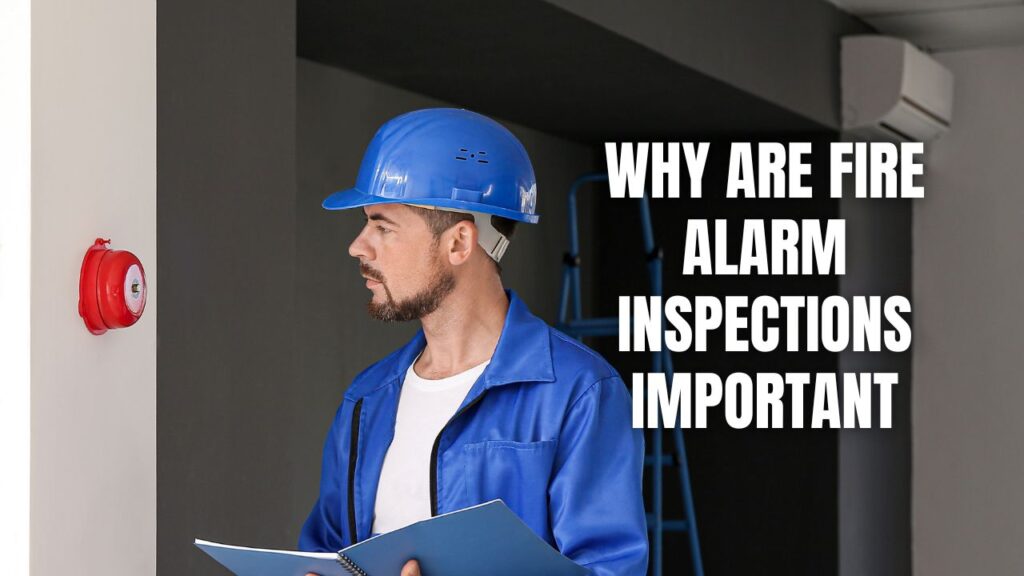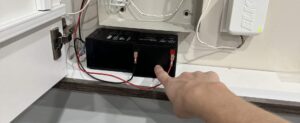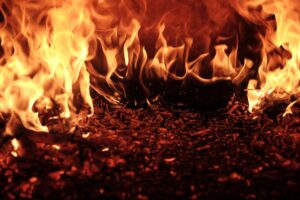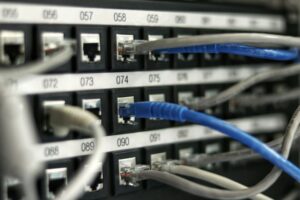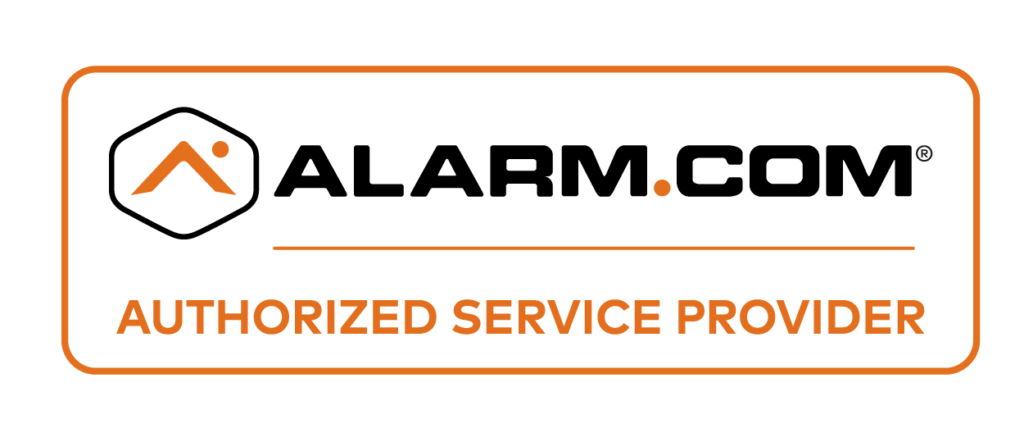Regular fire alarm inspections are critical for ensuring fire and life safety in any building. This article explains what fire alarm inspections entail and why they are so vital for fire protection and prevention.
What Is a Fire Alarm Inspection?
A fire alarm inspection is a detailed visual examination of all components of a building’s fire alarm system. This includes inspecting:
- Fire alarm control panel
- Smoke detectors
- Heat detectors
- Manual pull stations
- Notification appliances like horns and strobes
- Wiring connections
- Backup power supplies
A qualified fire alarm technician will test each device and component to verify they are installed properly and functioning as intended per fire codes and standards. The inspection ensures the entire fire alarm system works cohesively to detect smoke/fire, alert building occupants, and communicate with emergency responders in the event of an emergency.

Why Are Regular Fire Alarm Inspections Important?
There are several critical reasons why regular fire alarm inspections and testing are imperative:
Ensures Code Compliance and Safety
Routine professional fire alarm inspections ensure your system meets all applicable fire and life safety codes. The National Fire Protection Association (NFPA) mandates annual fire alarm inspections at a minimum to maintain compliance. Keeping your system properly maintained and functional reduces fire risks and keeps your building compliant.
Identifies Issues Before System Failure
Much like preventive maintenance on a vehicle, regular expert inspection of your fire alarm system can uncover issues before they lead to outright system failure or malfunction. Detecting and repairing faults early on improves system reliability if an actual fire emergency occurs. It also avoids inconvenient false alarms.
Maintains Insurance Compliance
Most insurance policies have specific requirements regarding functional fire safety systems to remain valid. Performing routine fire alarm testing meets those insurance obligations. Keeping your system in working order may also qualify your business for lower insurance premiums.
Ensures Occupant Safety
Most importantly, well-maintained fire alarms, smoke detectors, and emergency communications save lives. Routinely inspecting these fire protection systems ensures early detection and timely evacuation of building occupants if a fire breaks out. It also confirms integrated equipment like emergency lighting, exit signs, fire extinguishers, fire doors, etc. function properly to facilitate safe egress.
What Does a Fire Alarm Inspector Check?
There are many checks a certified fire alarm system inspector performs during an inspection:
Visual Checks
- Damage to system components like control panels, detectors, horns and strobes
- Buildup of dust, grease or debris on detectors that can impair sensitivity
- Proper spacing and placement of smoke and heat detectors per fire code
- Obstructions, storage, or high cabinets blocking appliances and detectors
Functional Tests
- Control panel, detector, and alarm operation when tested manually
- Battery and electrical power backup operation during main power shutdown
- Interconnection with other building safety systems like fire suppression
- Transmission of signals to remote monitoring centers
Documentation Verification
- System installation meets local/national fire codes
- System documentation like floor plans, equipment cut sheets, and sequence of operations are available
- Recent service records and inspection tags
Fire Alarm Inspection Frequency
The NFPA requires a fire alarm system inspection, testing, and maintenance at least annually. However, more frequent routine system testing is recommended and may be required depending on your facility, local codes, or insurance obligations.
High-risk environments like industrial manufacturing facilities, chemical plants, storage warehouses, etc. should be inspected every 6 months. Sensitive environments like hospitals, nursing homes, stadiums, and schools may require quarterly fire system inspections as well. Discuss appropriate inspection frequency for your property with your local fire marshal or life safety system technician.
Who Should Perform Fire Alarm Inspections?
Only qualified, factory-certified technicians should perform inspection and testing of fire alarm systems. An expert fire alarm company understands all applicable codes, can correctly test intricate system operation, and has specialized equipment to thoroughly inspect all components.
Facilities personnel may kick-off and reset systems but should not be relied upon for detailed fire alarm inspections. Contact a professional fire protection services company to schedule routine fire alarm system inspections.
Why Not Do It Yourself? DIY Fire Alarm Risks
It’s tempting to try and personally inspect your building’s fire alarms to save on technician service costs. However, there are several risks:
- Lack of Expertise – Fire codes and alarm system technology can be complex. Only seasoned professionals have the necessary training and knowledge.
- Missing Safety Defects – Untrained personnel may miss critical defects that compromise occupant safety.
- System Damage – Well-intentioned but inadvertent mishandling of delicate components can lead to issues later on.
- Violating Local Codes – Most jurisdictions require certified technicians conduct testing to remain compliant.
- Invalidating Insurance – Insurers expect qualified alarm testing to remain valid.
For such an important life safety system, it’s worth investing in expert fire alarm inspection and maintenance.
Fire Alarm Inspection Checklist
To ensure your fire alarm system inspection is thorough, ask your inspector if they check off these key points:
✅ Visual examination of all system components to check for damage
✅ Testing of fire control panel and annunciators
✅ Individually testing smoke, heat and CO detectors
✅ Activation of manual pull stations
✅ Functional audible and visual notification appliances
✅ Central station signal transmission operation
✅ Backup power system operation and capacity testing
✅ Sensor spacing/placement per relevant fire protection standards
✅ Cleaning of smoke detectors to remove dust, spiders etc.
✅ Testing of automatic door releases, smoke control systems, elevator recalls
✅ Review of recent service records and deficiencies
✅ Verification that new construction/modifications maintain code compliance
✅ Confirming accurate system documentation is available onsite
Importance of Fire Alarm Inspections Summary
Regular professional inspections ensure early detection of issues with your fire alarm systems well before failure in a real emergency. Investing in periodic fire alarm testing reduces risk, maintains strict code compliance, may lower insurance rates, avoids business disruption, and most vitally confirms building occupant safety. Don’t cut corners when it comes to life safety system maintenance. Contact a certified fire alarm inspection company to schedule expert inspection and testing today.

